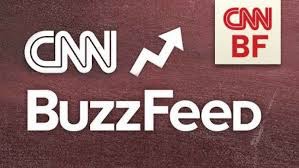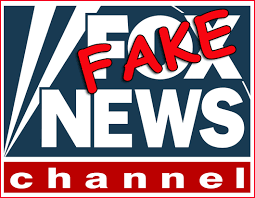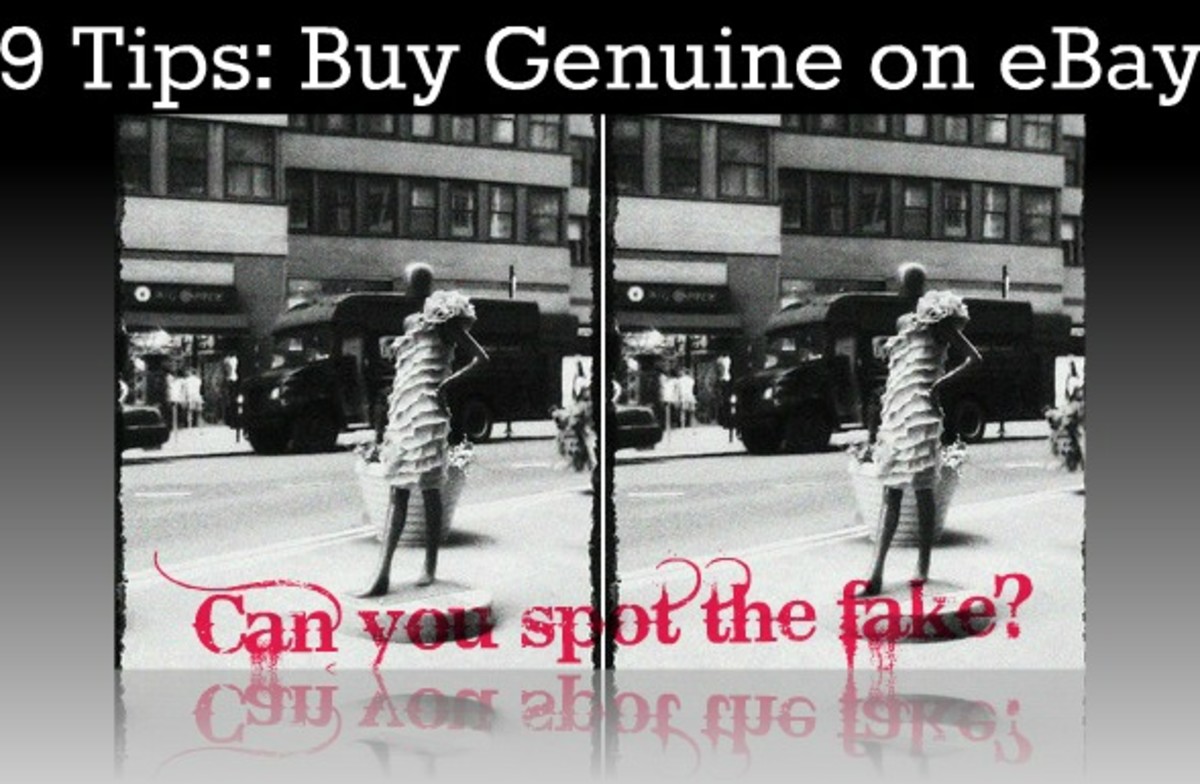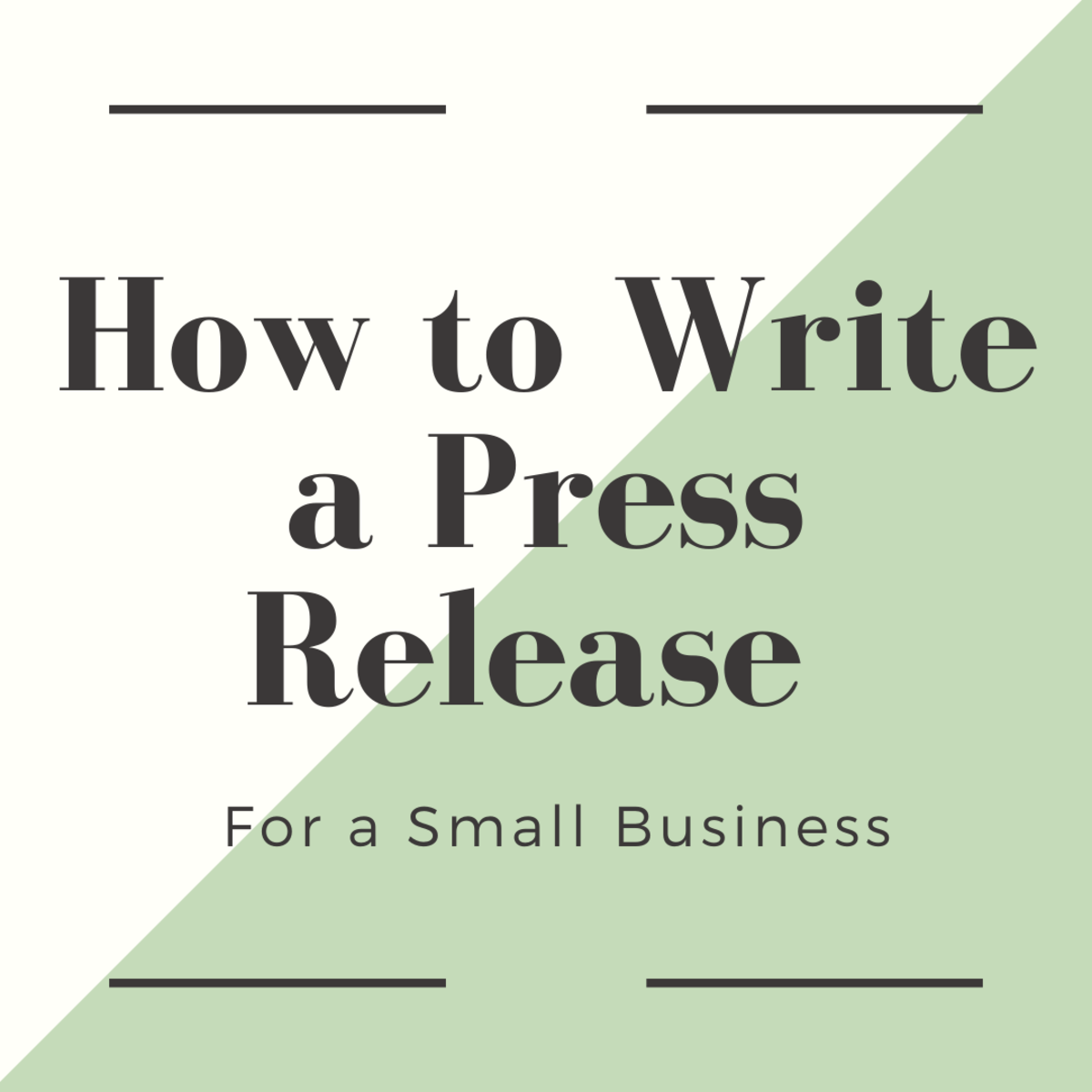How to Identify Fake News?

Introduction
The subject of "fake news" is in the headlines ever since the election of 2016. Most people still don't have a clear understanding of fake news.
- Jan. 2017
Background
Let's begin by identifying the various possible sources of news. Here are the list.
- Broadcast news - CBS, NBC, ABC
- Print news - New York Times, Washington Post...
- Cable news - CNN, FOX, MSNBC, OAN...
- Satire news - The Onion, the Daily Show, Colbert Report.
- Tabloid news - The National Enquirer, the Star...
- Opinion shows - The O'Reilly Factor, Meet the Press, Face the Nation...
- News websites - Huffington Post, Breitbart, Newsmax, Media Matters...
- Wikileaks - published accounts of hacked emails and government secret documents.
- Social media - Facebook, buzzfeed...
- Government officials - news makers putting out fake or inaccurate statements.
- Blogs...
Media Bias is not Fake News
We all know there is media bias of one sort or another. However, bias in reporting is not necessarily fake news. It is putting a spin or an emphasis on some topic. For example, not choosing to report a story is media bias but not fake news.
The Onion has "news" stories that are made up but that is not fake news. It is satire and everyone knows what that site is all about.
The Daily Show with Jon Stewart is also not fake news. It is entertainment and satire rolled into one. The problem is some young people think it is the news and rely on it solely to form their opinion.
Some Example of Fake News...
Now that we established what is not fake news, what is fake news?
Fake news is something created by someone with no factual basis. The information is heresay or made up. There is no collaborating evidence. It is presented as if it is news. It would not pass any standard journalism practices. It is worse than tabloid news. At least, some tabloids actually print some truths mixed with some sensational details.
Recently, a prime example of fake news is the story of Trump in Moscow with some alleged secret video showing him with hired prostitutes...
This story was put out there by one person who used to work for MI6, the British Intelligence service. There are no video, no collaborating witness, no person of authority quoted...The whole story is fiction. What made it a "fake news" is that it was presented to some US officials in government, who in turn passed it to the FBI. The news site Buzzfeed reported on this story as news. It then was picked up by CNN as a lead to some alleged dossier that was being investigated.
Dan Rather of CBS - father of fake news.
For those that may have forgotten, fake news is not that new. It was at the end of the 2004 election cycle of George W. Bush. Dan Rather put out a fake news story about Bush and the National guard service. It could have affected the election except the fake document was proven within days and Rather lost his job at CBS as a result.

More...
Once this "fake news" is part of our lexicon, another secondary effect is happening. Some will use this to denigrate another news site. For example, many liberals will refer to Fox News channel as "fake news". That is an unsubstantiated charge. You might not agree with the bias of Fox which leans conservative, no different than MSNBC leaning liberal. That by itself does not make it a peddler of fake news. In fact, Fox news is among the most trusted.
Yet, we constantly see this branding by the left. A news channel cannot be "fake news" or else it will be out of business. A particular story can be "fake" depending on who reported it and where the source comes from.
News Makers Faking it...
One prime example is the Benghazi affair over the 2012 election cycle. The news makers in this case are Susan Rice and Hillary Clinton and President Barack Obama. They deliberately deceived the American public on the events of the Benghazi attack as a spontaneous protest over a YouTube video. This disinformation was orchestrated by Ben Rhodes from the White House. The media went along with this for 10 days before others started challenging the official account. Investigations and Congressional hearings followed but we never got to the bottom of this story.
Here is a case where the news makers themselves, for political expediency decided to put out a fake story to gain advantage at the expense of truth and winning an election.
What about wikileaks?
Wikileaks is a special category. It is a recent phenomenon where whistle-blowers are choosing to leak inside information to expose some corruption by government entities or individuals in a position of power. The content of Wikileaks, though obtained illegally or hacked, is actual data. You can debate the ethics of how they were obtained but not the content of the data. In my opinion, Wikileaks serve the public good by exposing corruption. There is a fine line when it comes to classified intelligence documents. If harm is brought upon individuals as a result of the leak, there needs to be some consequences. With power comes great responsibility. Wikileaks, if verified, is not fake news but exposed "hidden news", or real news that you were not suppose to know.
How to Combat Fake News?
There is a phrase in financial investing circles, "if it sounds too good to be true, it probably is". This applies to fake news as well. To combat fake news, it falls ultimately to the reader or consumer. You must question everything you read or is sent to you via email or social media. You must verify the original source of the article. If it is coming from a satire site like the "Onion", it is automatically rejected and laughed off. If it is coming from a main street media, check which section it came from. The editorial page can be more opinion but the main news section should not have any editorial content. Once a news organization lowered its standards of journalism, they need to pay a price by the readership. Let them know your displeasure via feedback. They will loose their credibility over time. In this internet age of anything goes, you can't be too careful.
Summary
Now that you know what fake news is, you should understand the motives behind such treachery. Why would any group go out of their way to do this? What is their motive and goal? Is it just a practical joke? Or is it an insidious method to discredit or assassinate a person's reputation? Or just a scheme to get more clicks for financial gains?
Let's not confuse fake news with satire or with spoofs or even bias. It is serious and it needs to be identified and those people engaged in this may possibly be charged with criminal activity. It undermines the integrity of our news gathering procedure. There is no room for fake news in our media.
Some Related Info
- 16 Fake News Stories Reporters Have Run Since Trump Won
Journalists, media types, reporters, you have two choices: you can fix these problems, or you can watch your profession go down in flames. - Dan Rather Is Suddenly Very Concerned About Fake News
Dan Rather said White House senior adviser Kellyanne Conway is spewing propaganda on Wednesday morning in his satellite radio show "Dan Rather’s America."
© 2017 Jack Lee








